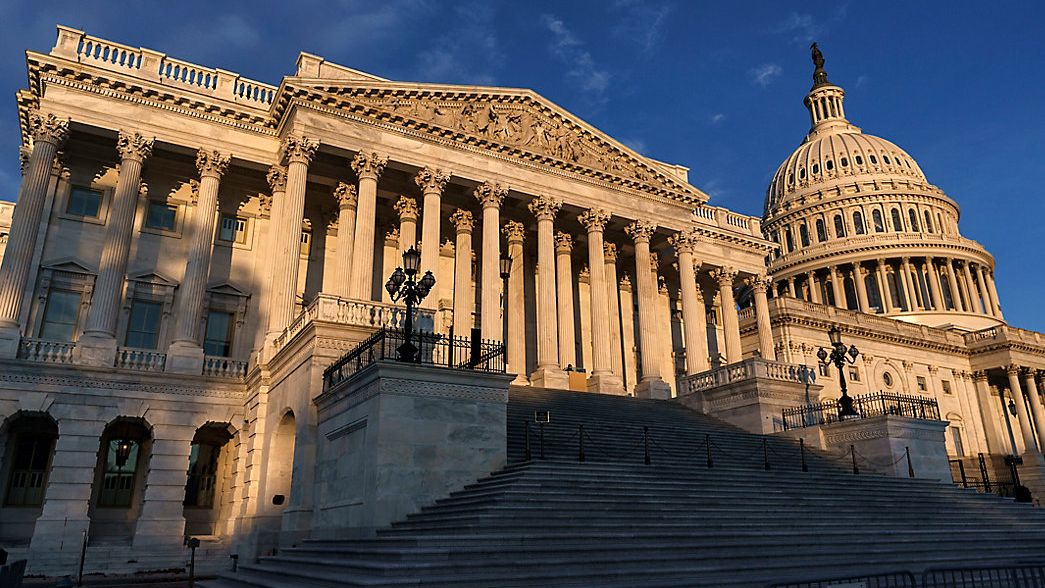A $900 billion COVID-19 stimulus package is heading toward a final agreement in Washington. It's a breakthrough for who will benefit: People who have lost their jobs amid the pandemic and will have their benefits extended. Small businesses that are trying to be made partially whole as new cases surge throughout the country and keeping people home.
The losers: State governments, and local governments, that have lost billions of dollars in revenue and have been pushing for direct aid since the spring.
The final COVID-19 relief measure of the Congress has been under discussion since the spring, but the talks remained locked in neutral as cases began to pile up in parts of the nation's Sun Belt, but largely flattened in New York, which had been an epicenter.
"Both parties in both chambers are close to reaching a final deal," said Republican Rep. Tom Reed, the chairman of the bipartisan Problem Solvers Caucus in Congress. "When it’s inked, this will be a huge victory for the American people and for the way Congress should work — Democrats and Republicans sitting at the table, putting country ahead of party."
Gov. Andrew Cuomo had been previously resigned to the stimulus measure not including aid for state and local governments. He had broadly endorsed the package that was under consideration while also acknowledging the incoming Joe Biden administration will likely push for a bigger measure in early 2021.
The nation's governors had planned to speak with the president-elect on Wednesday.
But on Wednesday in Albany, Cuomo again knocked Congress for failing to provide aid to states as the focus will also turn toward vaccine distribution.
"If you bankrupt states, you bankrupt the nation," Cuomo said. "You really want to bankrupt New York? What would that do to the nation's economy, bankrupting New York? And you want to bankrupt New York now, in the middle of this pandemic, when the numbers are spiking, when we're just about to start this ambitious vaccination program, where I need hospitals and nurses and National Guard to do this unprecedented operation? Now is when you want to bankrupt New York? It is madness."
New York is freeing up $1.5 billion to entities the sate funds in order to provide them with cash flow between now and March at the latest, when the state budget is due. Cuomo has warned, however, that spending reductions and tax increases on upper income earners are likely necessary to close the budget gap.
"We can't lose essential workers in the central organizations, especially with what we're doing now," Cuomo said.
